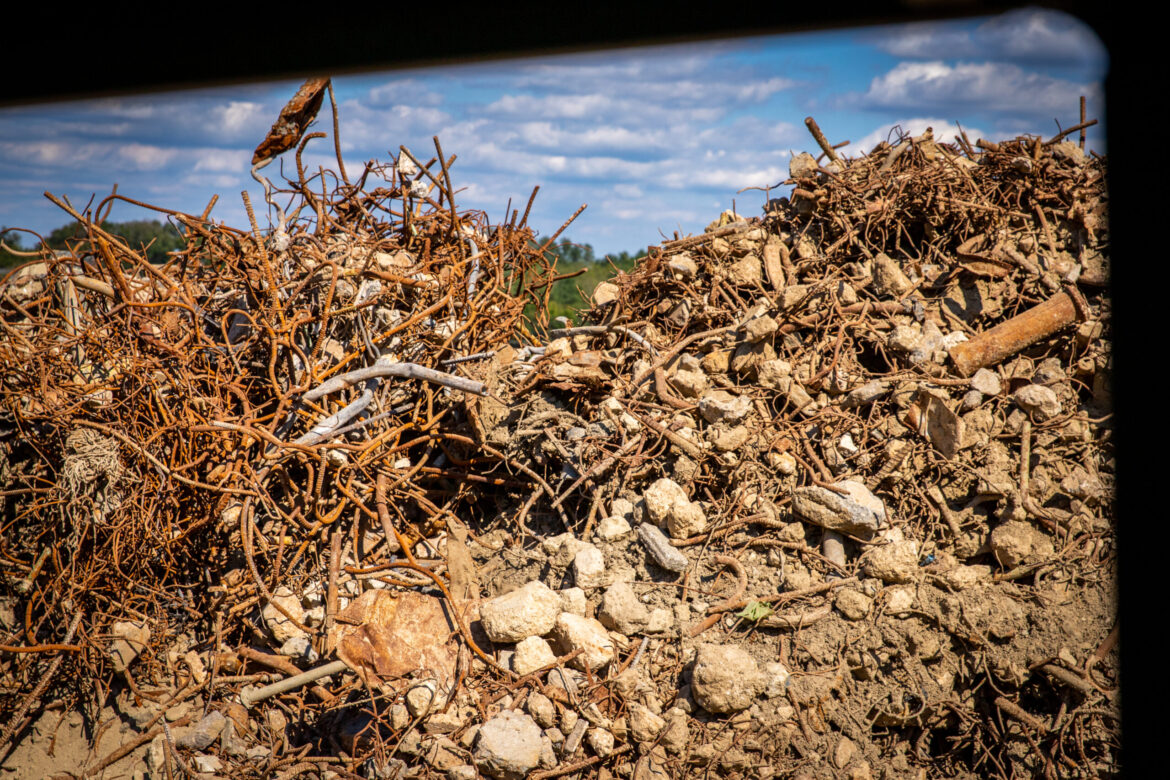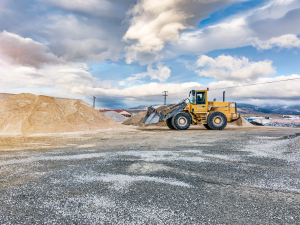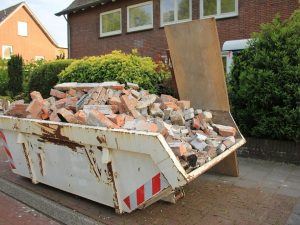
Waste management is an essential element of a construction project. All of that unneeded dirt, concrete and excess material needs to go somewhere. Today, companies are turning to find more efficient and sustainable solutions to their waste management needs. Here, the experts at ReAgg explain how the waste management sector of construction is evolving.
Overview of Waste Management in the Construction Industry
Waste management is an essential management process for both the demolition and construction sectors. The process of waste management includes monitoring, collecting, segregating, transporting, recycling and disposing of the waste material that is generated on a jobsite.
Often, waste material is bulky and heavy, and consists of the following:
- concrete,
- wood from buildings,
- asphalt from roads and shingles,
- gypsum, which is the main component of drywall,
- metals,
- bricks,
- glass,
- plastics,
- salvaged building components, such as doors, windows
- and trees, stumps, earth and rocks from clearing sites.
In 2018, the United States produced over 600 million tons of construction waste. This was more than double the amount of general municipal solid waste generated that year.
Growth In the Waste Management Sector
As sustainability becomes a large initiative in sectors such as energy and consumer goods, the construction industry is also finding ways to cut down on the impact that all this waste has on our planet. Because of this, the waste management market is growing. According to a leading market research group, IMARC, the global construction and demolition waste management market is projected to grow 5.3% during 2021-2026.
While many trades-focused industries are projected to see growth over the next few years, waste management is one to keep an eye on. A 2016 study found that in one year alone, construction & demolition material recycling opportunities led to the creation of 175,000 U.S. jobs.
Increased Green Initiatives
Governments of various countries are tightening regulations on the use and recycling of construction materials, especially because improper disposal can lead to an increase in greenhouse gas emissions, environmental degradation and increased public health risks. Regulations look at holding waste disposal to a higher level as well as offering incentives to adopt greener practices. In addition, programs such as Leadership in Energy and Environmental Design, LEEDS, help to promote and celebrate sustainable building practices by offering.
Decreasing Waste
Sustainable practices are becoming more widely embraced by the construction waste management industry. Currently, roughly 35% of construction waste goes straight to the landfill. Many construction companies are taking action to change this statistic.
The U.S. particularly is making strides in the efforts to cut down on construction waste that ends up in landfills. In 2018, nearly 76% of all construction & demolition waste was either recovered or recycled. However, it is important that this trend continues, as recycling efforts can reduce U.S. expansion by 1,000 acres for every 153 million tons of construction & demolition waste recovered.
Reduce, Reuse, Recycle
Many construction companies are also honing in on the financial benefits of thinking green. Recycling and reusing materials cuts down on costs associated with disposal and transportation. Buildings that receive LEEDS credits are proven to be more cost-efficient, with an estimated $54.2 million in waste savings.
In addition, it is estimated that electing to use recycled materials on a jobsite can cut down material costs by nearly 25%. These high amounts of savings make utilizing recycled materials and sustainable waste management practices something that many construction companies are focusing on.
More Than Just Stone: ReAgg and Construction Waste Management
ReAgg’s team is here to offer support on every element of a construction project, including waste management. From roll-off rental services to handling material disposal, we can provide solutions to all of your waste management needs. ReAgg’s services are also eligible for LEED credits. To learn more about how ReAgg can help bring you into the future of waste management, call 301-336-6700.







